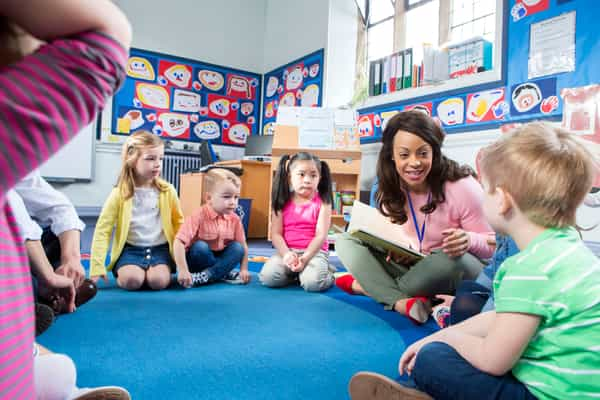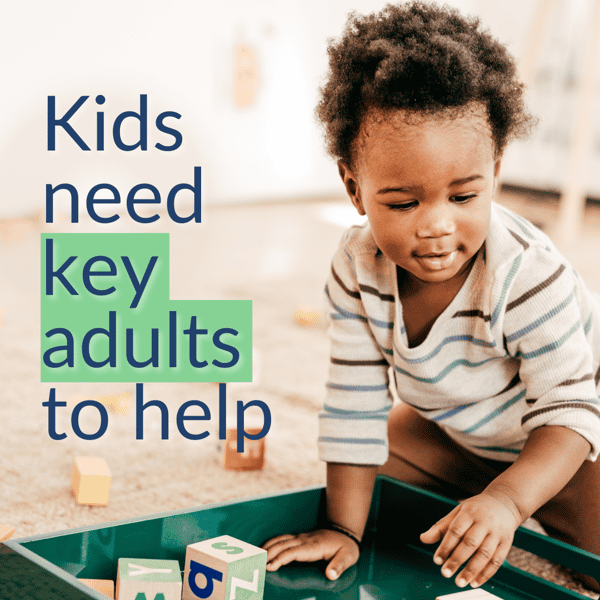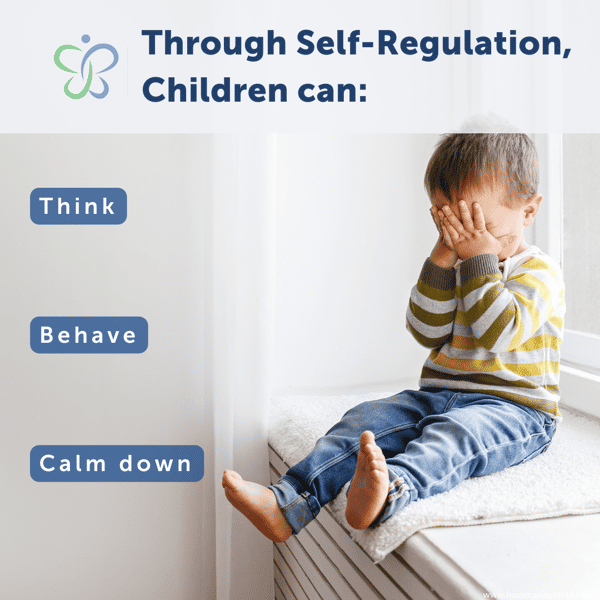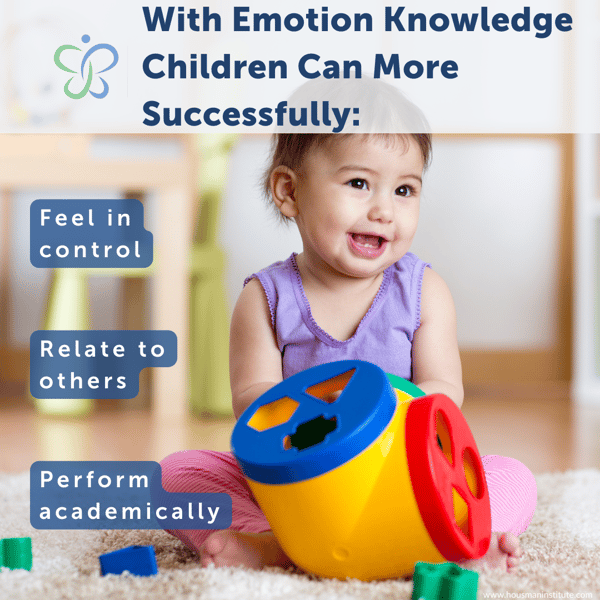
There are consistent reports about the need for more school psychologists. While I agree that there certainly is a need for more of these essential behavioral health experts, they are only one piece of a much larger puzzle.

As a psychologist with more than 35 years in the field of child development and early childhood education, I understand the need for not only school psychologists but also for a systemic approach to supporting children’s and adults’ mental health and emotional well-being with cost-effective programs that are embedded throughout entire classrooms and entire days.
Undoubtedly, emotional intelligence and mental health should be prioritized–and should be prioritized above all other supports. The pandemic has wreaked havoc on the mental health of people of all ages. There are short- and long-term consequences for this increased mental health crisis facing children and the adults who care for and teach them.

Ideally, adults have learned to manage their challenging emotions - skills involving self-regulation. But many children have not yet learned how to self-regulate. Although children are born with the propensity to develop self-regulation, they need and require the key adults in their world to help support this critical competency in learning how to regulate their feelings, behavior, and thinking.
With teacher and school psychologist shortages across the nation, the key is to incorporate the skills of helping children learn to effectively deal with and regulate their own emotions and understand those of others - the skills of emotional intelligence.
Teaching children how to recognize, understand, effectively express, experience, and manage their emotions and empathically understand those of others embedded throughout the day is the necessary prevention and intervention model needed to address the mental health crisis we’re all being faced with today.
By incorporating these skills into daily experiences and practices, it becomes a way of living, teaching, and learning in a healthier and more successful manner. It is much easier and more cost-effective to prevent than repair.

When children cannot deal with and manage their emotions, they are unable to regulate their thinking, behavior, and feelings: skills necessary for self-regulation. When self-regulation skills are lacking, we see decreased academic performance and heightened, aggressive behavioral concerns.

However, when children are equipped with the knowledge to manage their emotions and skills to self-regulate, they are more in control, relate more successfully with others, and perform better academically.
There is a direct connection between emotions and learning. Emotional and cognitive circuitry is interrelated. Positive emotional learning experiences strengthen neurological connections within the prefrontal cortex - the brain’s epicenter of executive functions such as memory, attention, and problem-solving. When overwhelmed with dysregulated emotions, such as stress and anxiety, the brain becomes hijacked by dysregulated emotions.
This effect impairs the ability to think, problem solve and grasp new concepts - executive function skills necessary for learning. Children must be taught how to regulate their emotions for both their mental health and learning.
Mental health must be prioritized over academic performance, and the path forward is the systemic approach where teachers are taught about their own emotionality and are given the tools to teach and support children to identify, understand and manage their own emotions. Supporting teachers with self-care and self-regulation tips provides them with the skills they need to help children learn to deal with their mental health needs by guiding, modeling, and supporting children in the development of these foundational skills.
Storytelling is one powerful way to walk children through various emotions by implementing bibliotherapy. Open conversations about feelings–first acknowledging and accepting them–is another important step in guiding children to self-regulation.
There will always be a need for school psychologists, and there will always be children who greatly benefit from these one-on-one interactions. But for all of the other children who have been facing unprecedented stress and anxiety en masse, the way forward is in group settings where emotional learning is seamlessly embedded into everyday classroom activities. Providing children with the foundation of emotional competence arms them for success not only in learning but in life.
Housman Institute, LLC
831 Beacon Street, Suite 407
Newton, MA 02459
info@housmaninstitute.org
(508)379-3012
Explore
Our Products
Legal
Connect
Contact
Join our Mailing List!
Subscribe to receive our newsletter, latest blogs, and ECSEL resources.
We respect and value your privacy.
Comments (1)